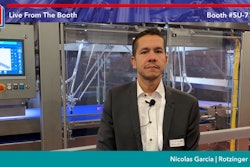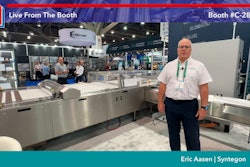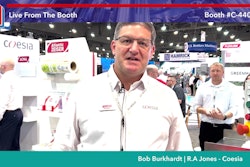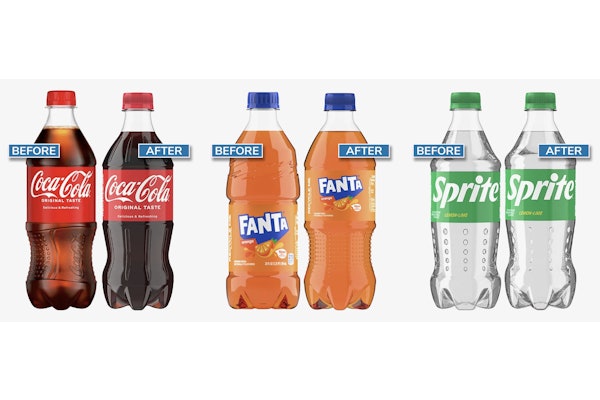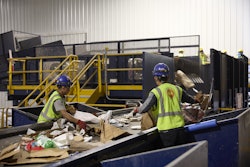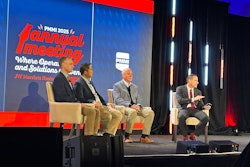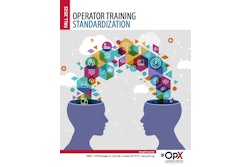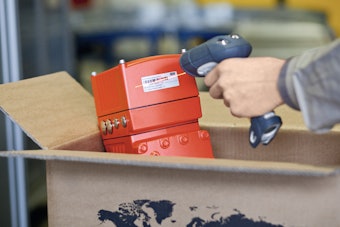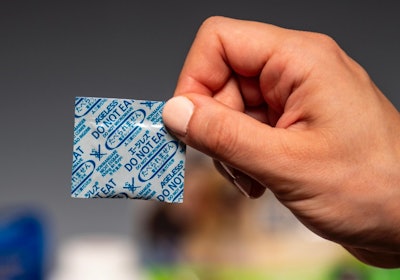
Debuting at Mitsubishi Gas Chemical ‘s PACK EXPO Booth SU-7490 was a first-ever PFAS-free oxygen absorber. It comes in response to the growing legislation against polyfluoroalkyl substances (PFAS). These so-called “forever chemicals” were once favored for their oil and water-resistant properties—until they became known for their inability to break down in the environment, which poses adverse health effects.
The key to this advancement resides in the multilayer film structure used to contain the actual oxygen-absorbing components in the three-side-sealed pouch. Essentially a Polyester/Paper/PE construction, it’s the paper layer that has been altered. A coating on this paper is what always brought the grease- and moisture-resistant properties required, without which the oxygen-absorbing iron inside would not be able to perform its task. This coating is now PFAS-free.
“The contents inside the three-side-sealed pouch are unchanged,” says Sean Hael, MGS sales and marketing general manager. “It was just the coating that contained PFAS.” What that “advanced proprietary formula” is Mitsubishi isn’t saying. But the firm emphasizes that this “game-changing” innovation is preceded by more than 40 years of proven AGELESS technology, MGC’s well known and established brand, now reengineered to support the industry’s progress towards ambitious sustainability goals. Also, notes MGC, this 100-percent PFAS-free solution doesn’t compromise quality, performance, or safety in the many applications where it is found, including processed meats, meat snacks, baked goods, dried fruits, coffee, pet treats, pharmaceuticals, and nutraceuticals. “PFAS-free AGELESS oxygen absorbers are oil-resistant and can deoxidize the interior of sealed packages to maintain flavor, color, fragrance, and nutrition of freshly prepared food as well as dramatically extend shelf life,” says a Mitsubishi press release.



